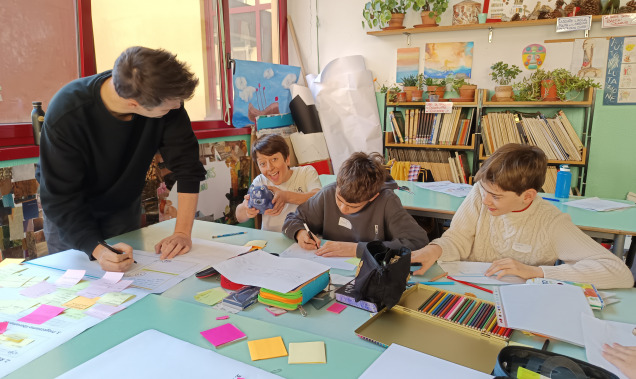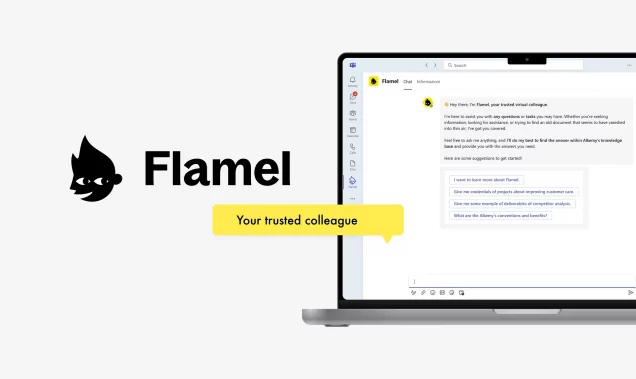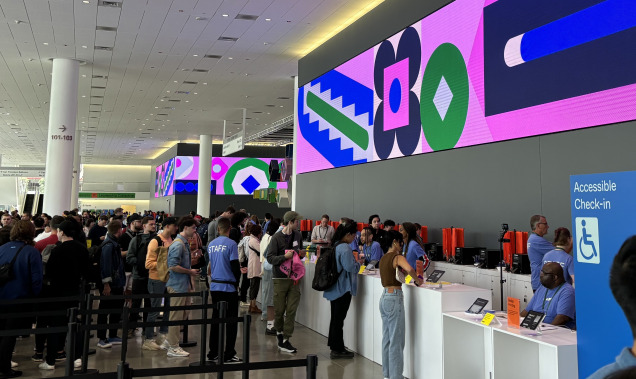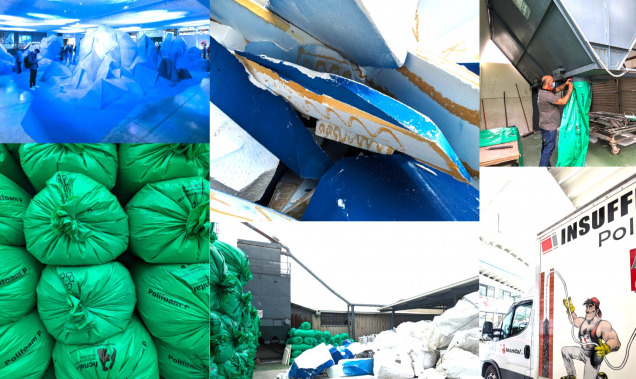Our learnings from planning, designing, and facilitating remote workshops
Remote workshops are a big part of our new normal. Here, our workshop black belt, service designer Daniela Duran shares our remote workshop journey, and tips and tricks from our try-test-fail-learn.
While remote workshops are here in a big way right now, there was already a growing trend for them well before COVID-19. We’ve been running workshops both in person and from remote (currently e.g. on how to apply design thinking to change) for years, and the past months have pushed us further to master the art of the remote workshop.
As service designers, we tend to see everything as a journey, and remote workshops are no exceptions. Here are our key learnings for better workshops, organized around the key moments along the journey. We hope they’ll be helpful to you.
BEFORE: Structure, design, and anticipate needs
Have clear workshop objectives and understand the participants before selecting the right tool to use (digital confidence vs objectives are key to identify how and where).
Test with your team as early as possible. When creating a new workshop, it’s essential to test the concept. By doing so with your team, you will also transfer knowledge and get honest feedback.
Plan the workshop in detail, anticipate needs and possible issues, calculate timing accurately. Using a journey map, you can do this plus identify the actions required for each part of the workshop.
Clear, short tutorials save time, help avoid frustrations, and make remote collaboration easier for the participants.
Don’t invite too many people, as online dialogue takes more time than you may expect. (This, however, may vary depending on the type of workshop)
Don’t over-schedule and over-complicate things and prepare a plan for delays.
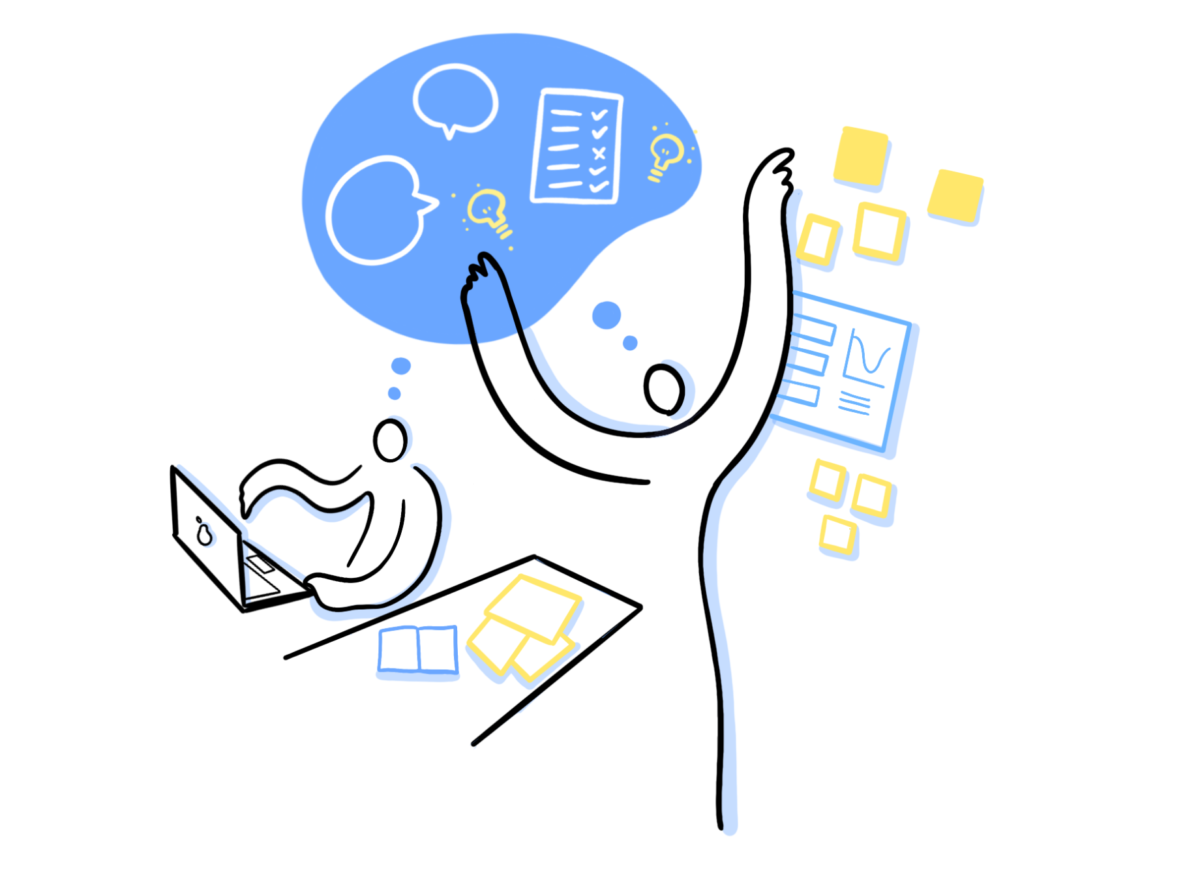
DURING: Maintain engagement, work together to reach your goals
Start by explaining the objectives and outcomes of the workshop, as well as the process in a few clear steps.
Change the rhythm, workflows, and dynamics of the activities to help participants stay focused. Individual or small group activities keep people engaged. In a remote workshop, it’s easier to lose focus, and get side-tracked.
Respect the schedule, use a timer, and inform participants ahead of time when sessions are closing.
Don’t do long presentations unless they are the goal of the workshop. Long interventions can lead to losing the attention of the participants. Instead, keep short and concise, and have debates.
Don’t get lost to background noise. Ask participants to turn off their mics unless they’re speaking. Don’t forget to unmute the microphone when you’re talking!
Don’t extend the time of the workshop unless absolutely necessary, stay respectful of participants’ time.
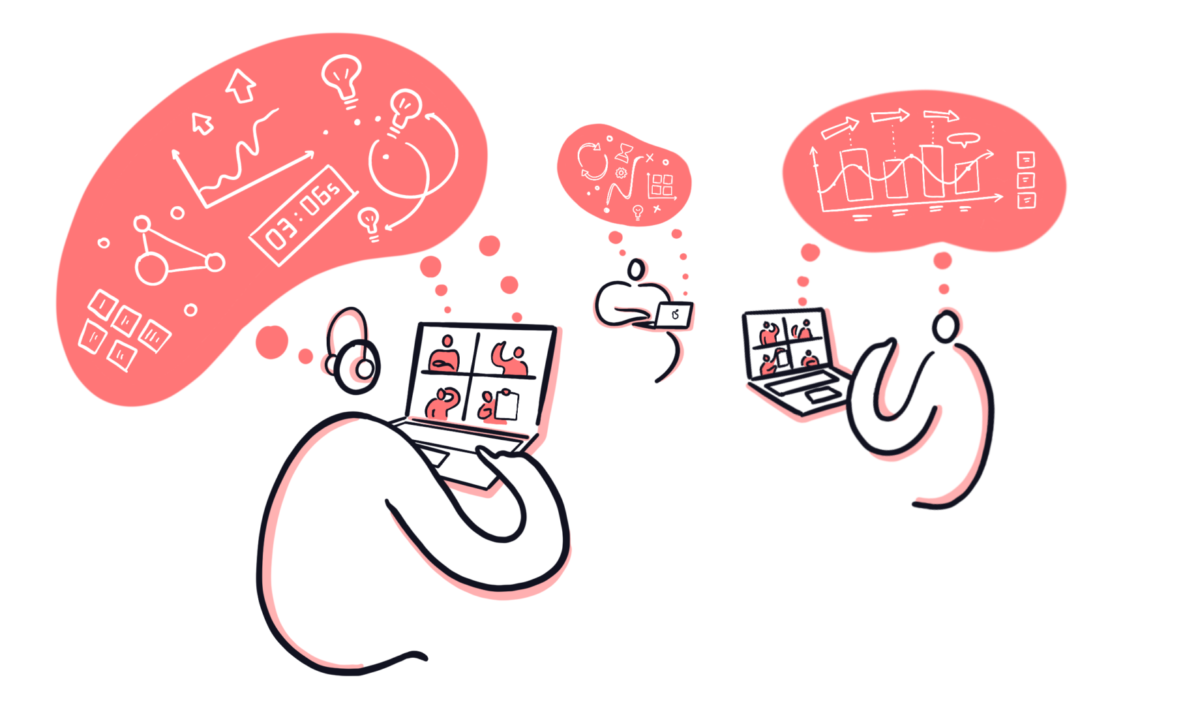
AFTER: Reflect, share results and new opportunities
Encourage feedback to continue to improve the workshop, and answer all feedback messages.
Organize an internal meeting to evaluate the workshop results and ensure continuous improvement.
Prepare a recap that gives participants key takeaways, canvases, and great ideas. Highlight what you learned together.
Continue the conversation – for us, the workshop is often the first step in a long partnership.
Don’t wait too long before sending the recap.
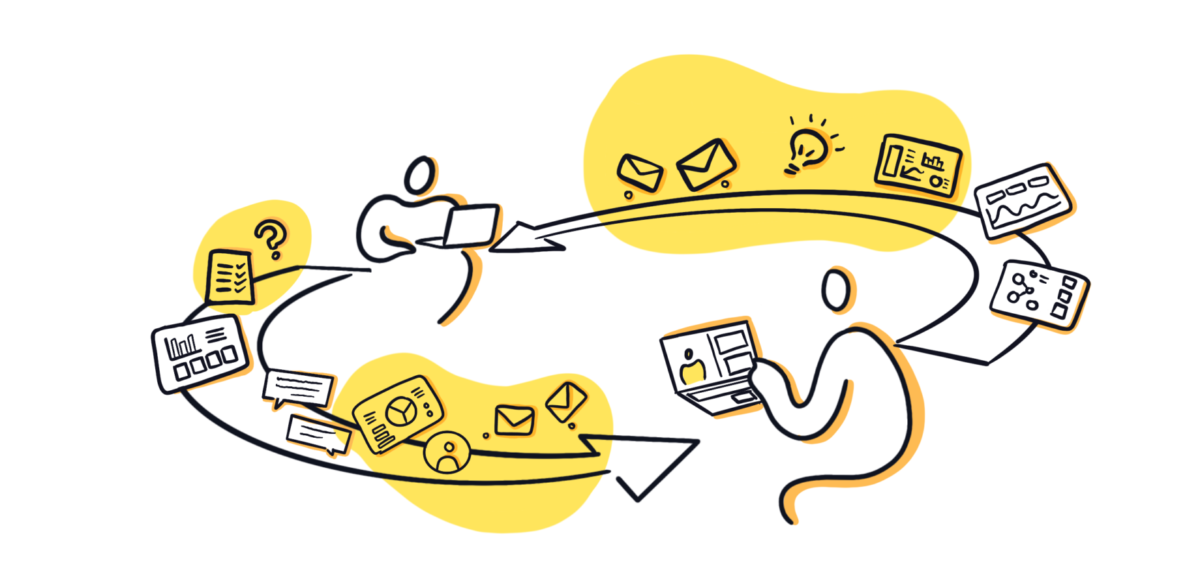
Reflections on the future of workshops
In the past months, we’ve made a drastic change to digital, mastering working from home (read our previous article on remote work here), and we expect this to not go away entirely. To us, it seems that digital and remote work is here to stay.
The new tools, such as Miro and Mural, further enable us to collaborate closely, while being far apart, and we must be both creative and opportunistic in creating these new experiences, remembering to select the tools considering the people and objectives first.
In our experience, especially over the past couple of months, we’ve come to notice an interesting polarized paradigm: either the participants to a remote workshop zone out easier than in a face-to-face situation, or alternatively, they focus and engage even more. In our remote workshops, we strive to ensure that the human connection and everything that comes with it, such as the gestures, expressions, engagement, are not lost, even as we find new, increasingly digital ways to work together.
In many ways, workshops are just the tip of the iceberg. They are an element of a wider set of activities for knowledge sharing, convergence/divergent thinking and thus we need to broaden our notion of a typical workshop.
